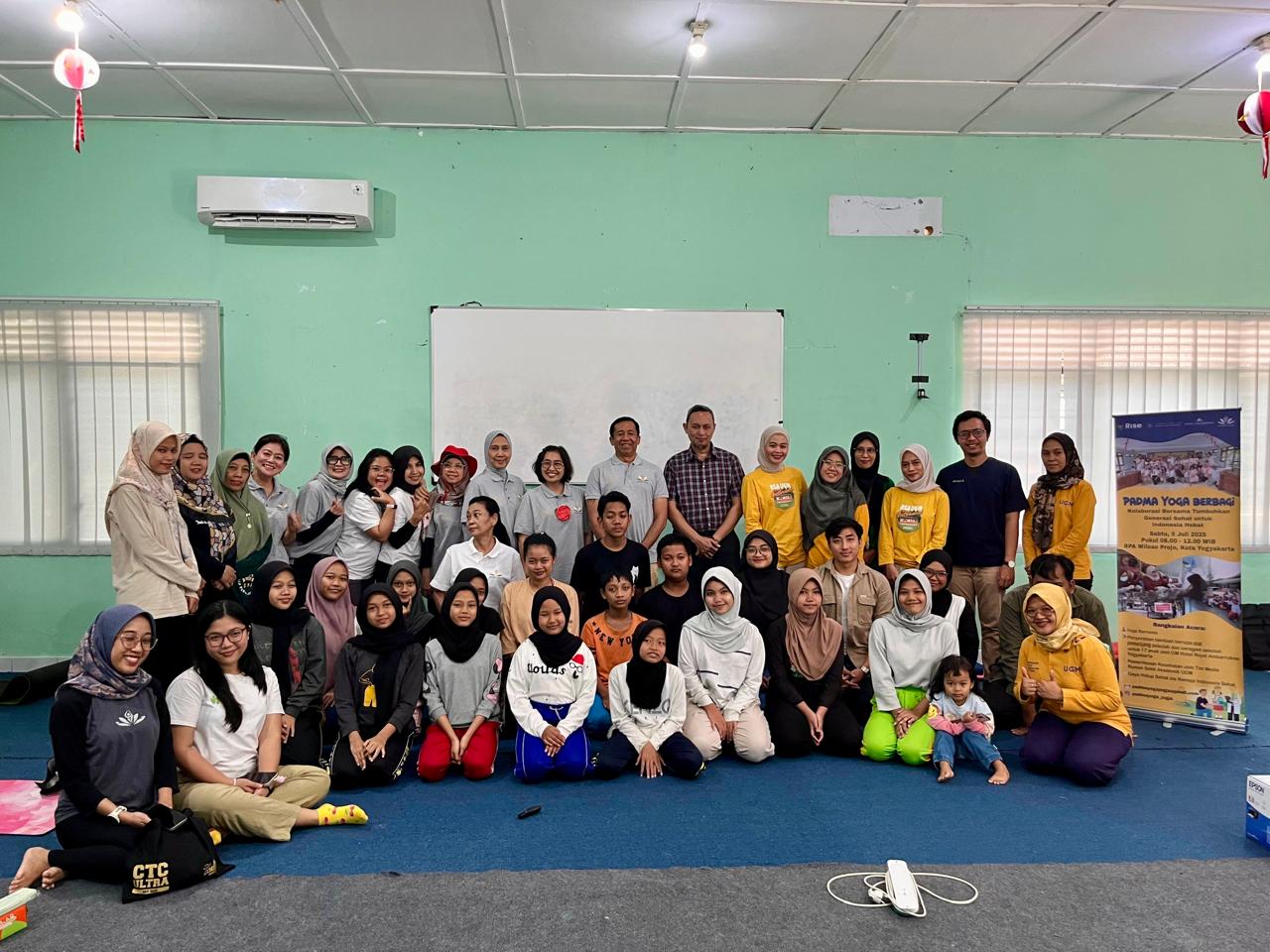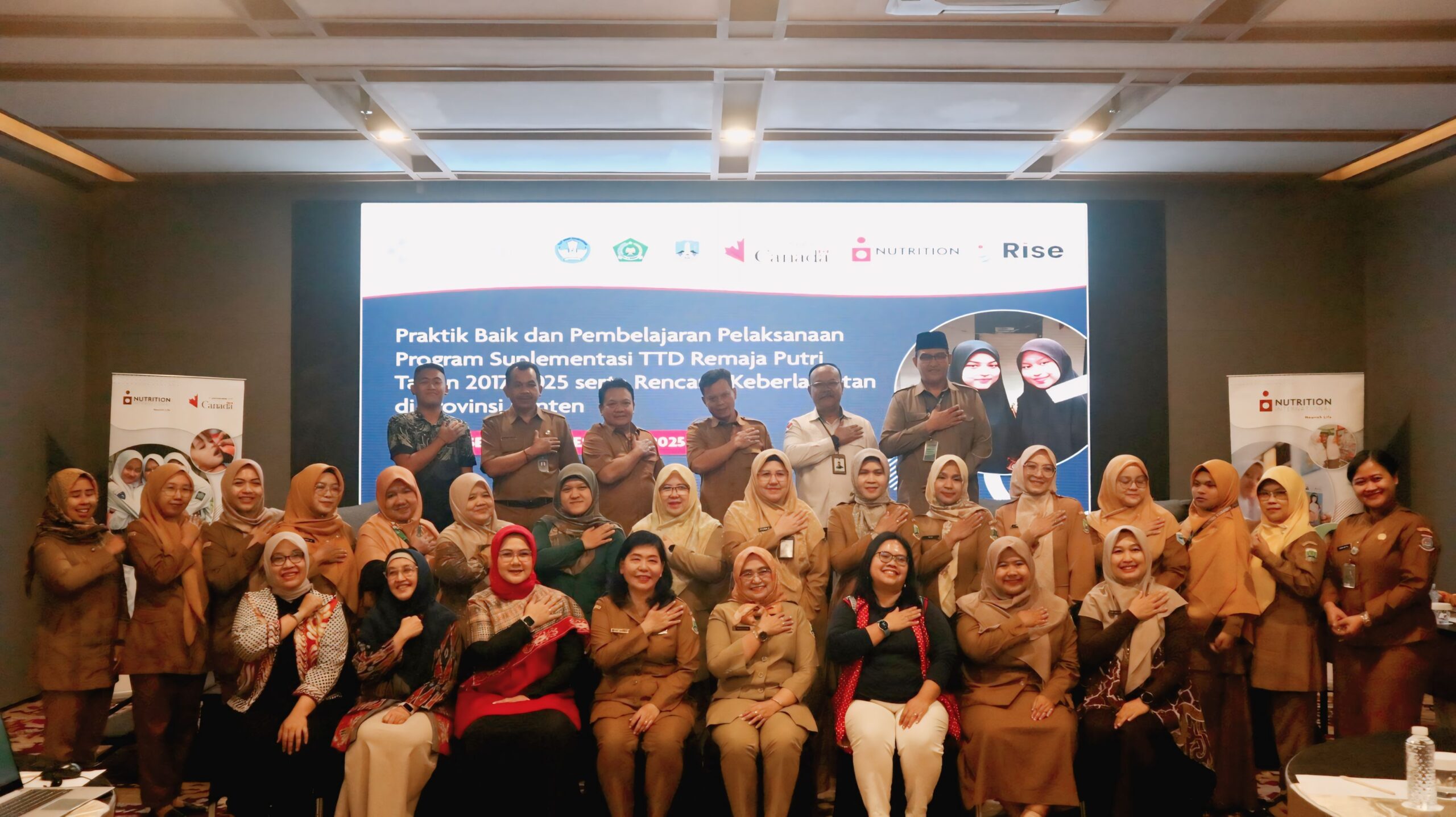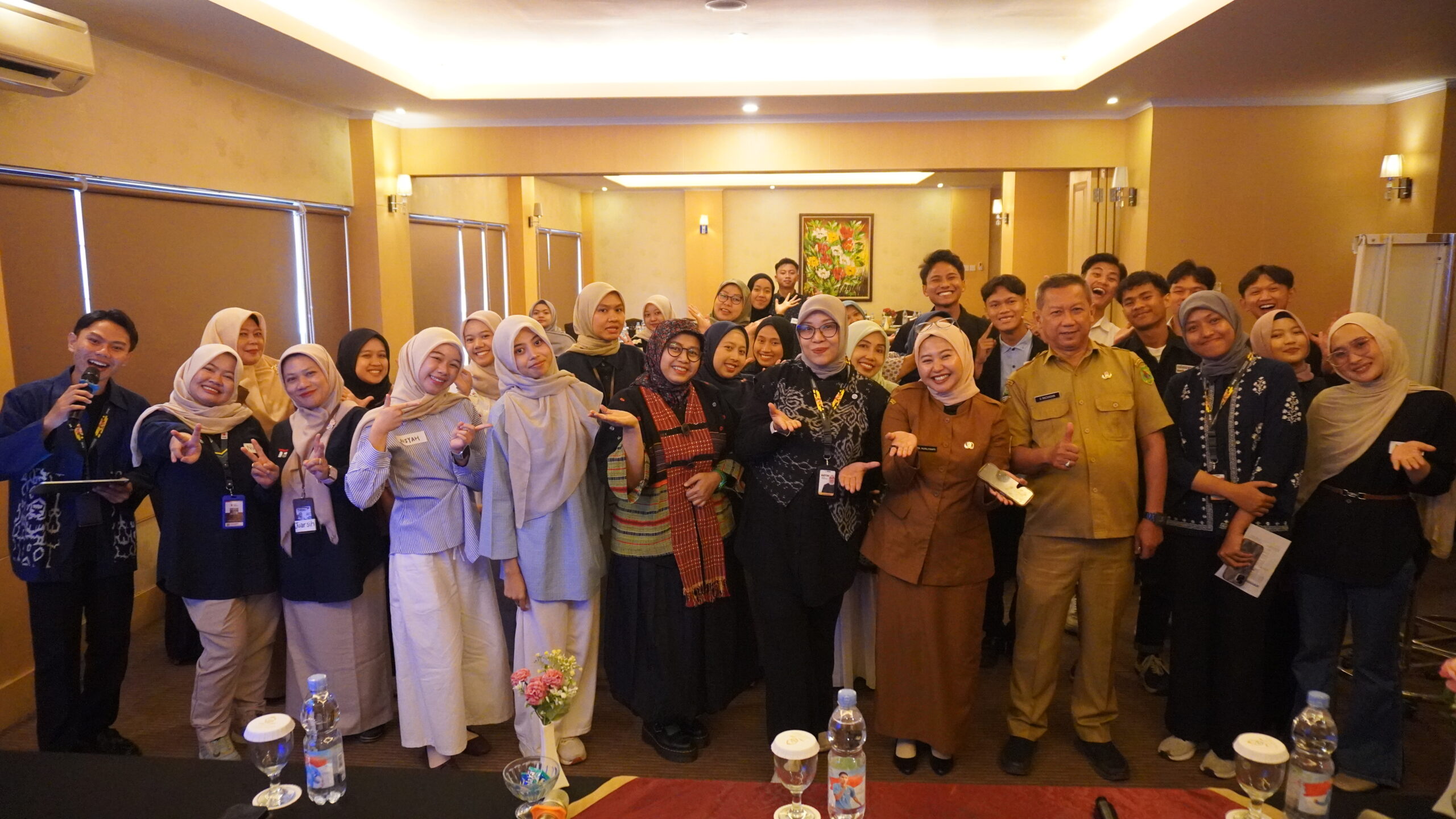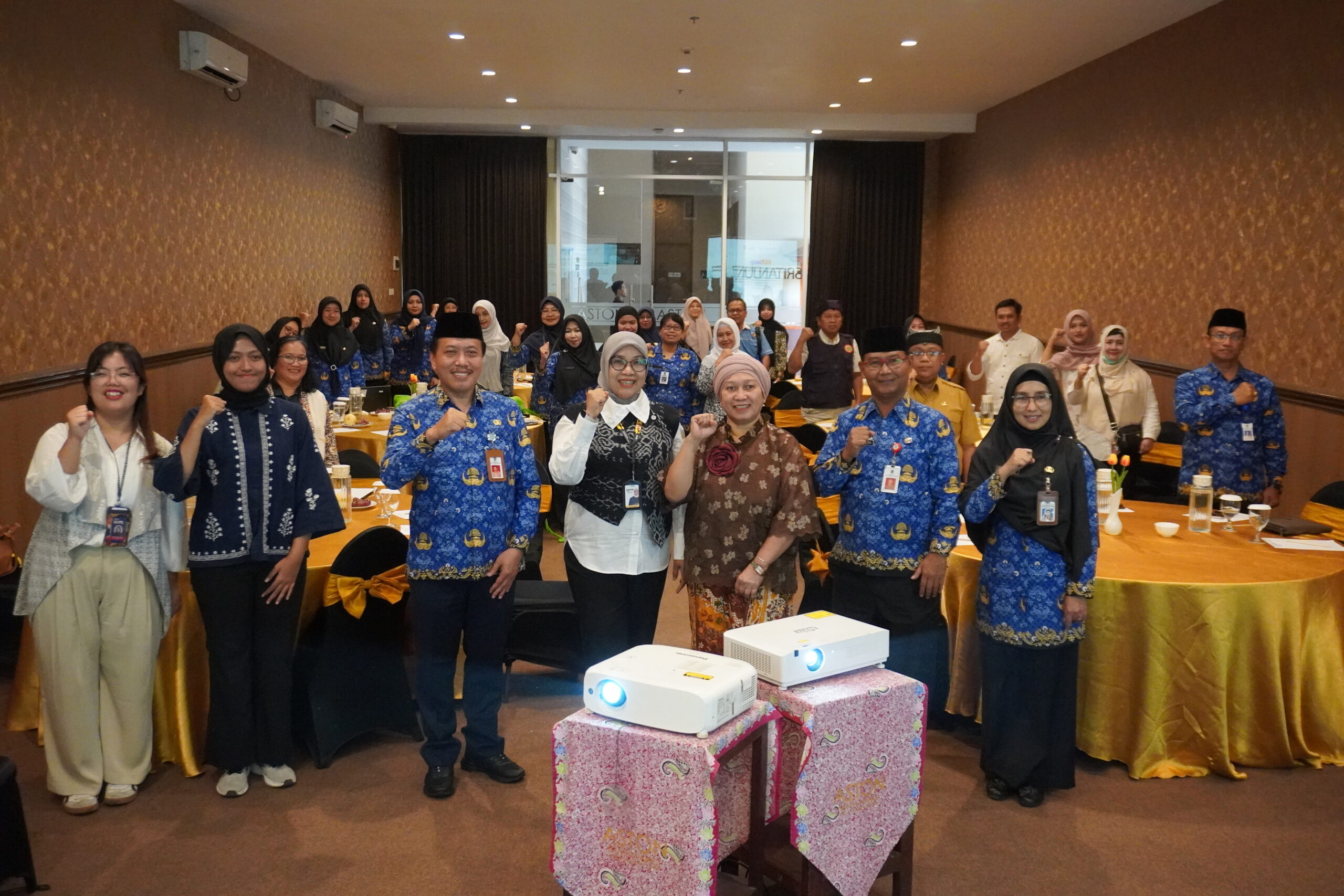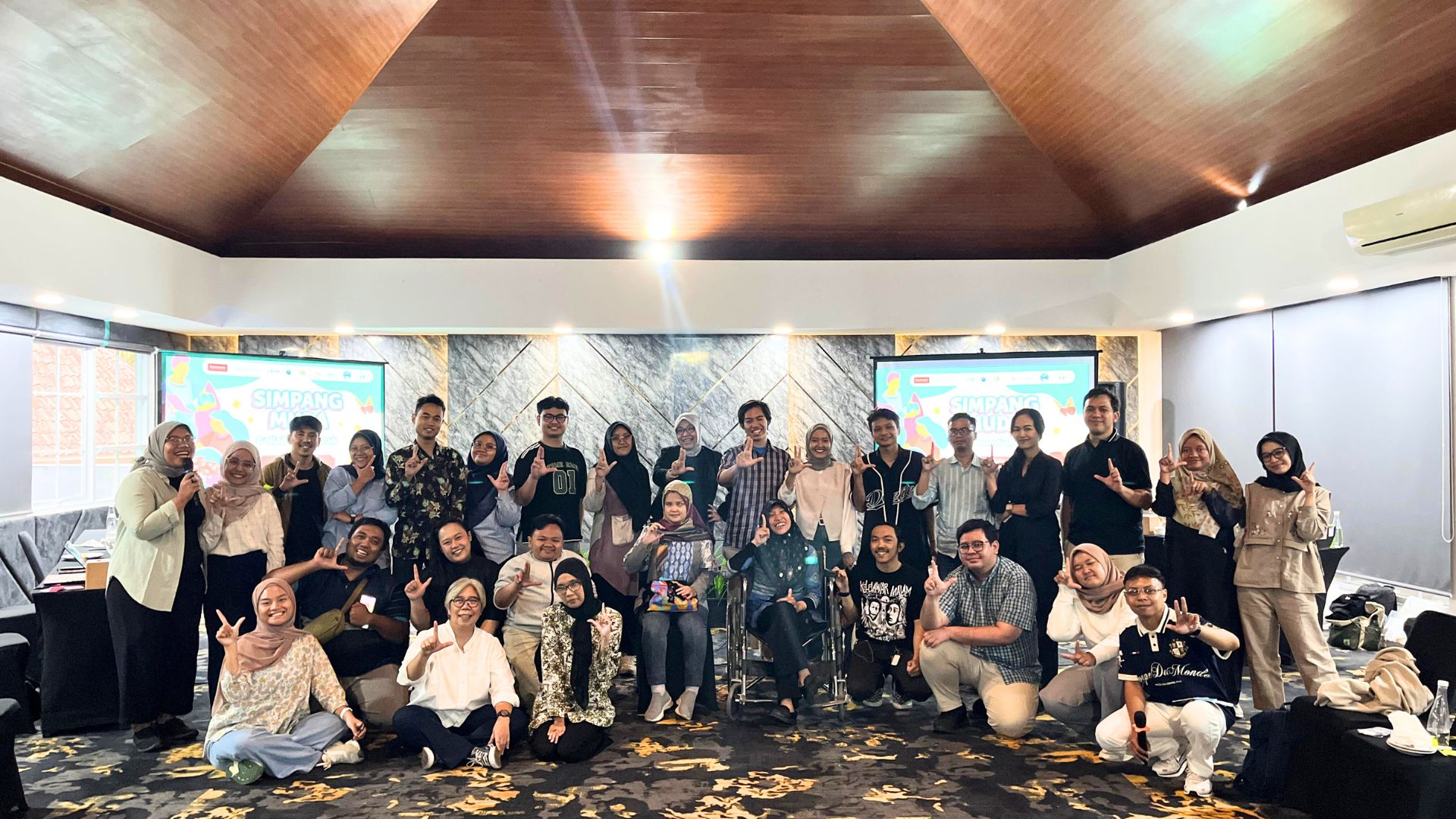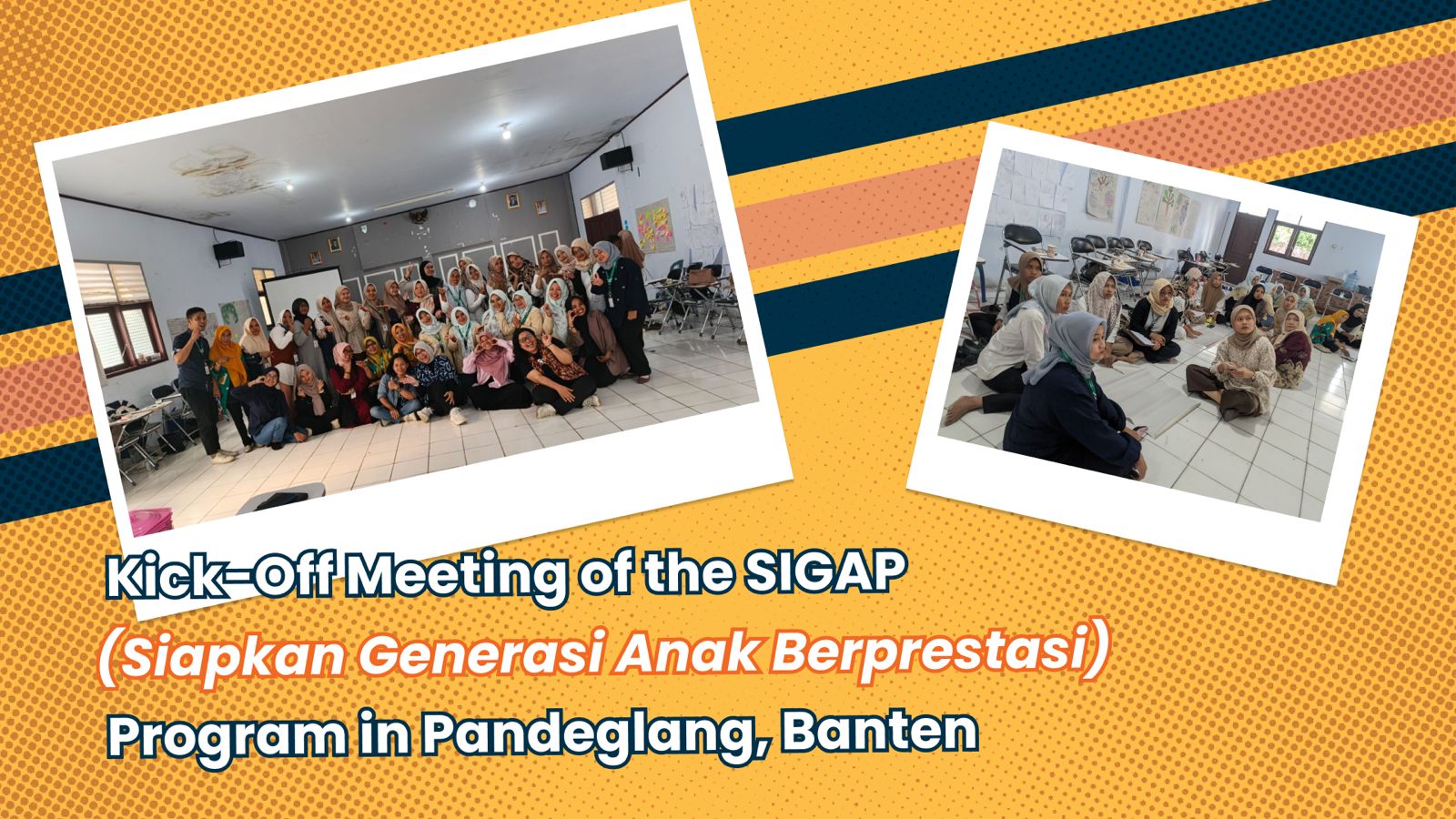Berbagi is one initiative of the collaboration between RISE Foundation, Padma Yoga, Royal Ambarrukmo Yogyakarta, and UGM Academic Hospital in a collective effort to promote comprehensive awareness of healthy living among young people and the wider community. The event took place on Saturday, July 5, 2025, at the Wiloso Projo Child Protection Home (RPA) in Yogyakarta.
The activity targeted 16 orphanage children aged between 10 and 21 years old, most of who had diverse backgrounds. Therefore, the activity’s approach was designed with psychosocial aspects in mind, using interactive, enjoyable, and easy-to-understand methods. The event began with a group yoga session led by Padma Yoga, aimed at introducing breathing techniques and relaxation as part of stress management and body awareness. The atmosphere became more lively as participants engaged in various yoga movements that fostered a sense of togetherness and empathy.
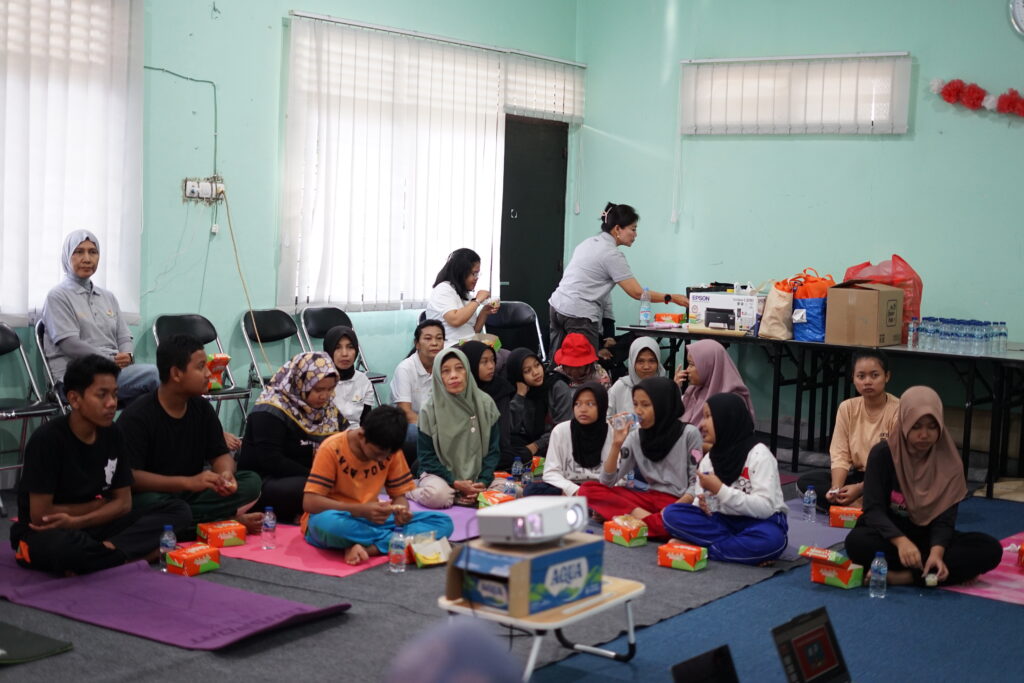
Following the energetic opening session, the event continued with opening statements from representatives of Padma Yoga, the Head of UPT RPA Wiloso Projo, and the Mayor of Yogyakarta, emphasizing the importance of collaboration for the health and future of children. The donation of printers and school uniforms by Royal Ambarrukmo and Padma Yoga symbolized the private sector’s commitment to supporting access to quality education.
RISE Foundation’s contribution to this event was realized through an educational session themed “Healthy Lifestyle Tips for Indonesian Teens.” During this session, the RISE team introduced the concept of the Right to Food and Nutrition (HaPG), limits on sugar, salt, and fat consumption, and the importance of reading nutritional information labels on packaged foods. The education was delivered through a game-based approach, including a drawing activity of “dream chicken porridge” that simulated the concept of “My Plate,” to make it easier for participants to understand balanced food proportions.
The response from the participants was very encouraging. Many of them had never heard of these basic nutritional concepts before and were enthusiastic about asking questions and participating in discussions. Critical questions arose, ranging from “What is the safe daily limit for caffeine consumption?” to “What are the effects of consuming excessive sugar?” Some even began reflecting on their own physical condition and asked, “Am I considered obese?” This active engagement demonstrates that the educational approach implemented by RISE successfully created a safe and productive space for dialogue.
Equally important, the health education session from UGM Academic Hospital further enriched participants’ knowledge about reproductive health and the importance of understanding their own bodies. The involvement of professional medical staff in delivering the material also provided credibility and a sense of safety for participants to open up about issues previously considered taboo.
The entire activity ran smoothly, thanks to solid coordination between all partners. A clear division of roles between facilitators and the planning team ensured that each session ran on time and according to plan. The RISE Foundation believes that this type of activity has great potential to be replicated in various orphanages and other communities with minor adjustments.
Through the “Berbagi” activity, RISE Foundation once again emphasizes that investing in youth health literacy is a strategic step toward creating a healthier and more resilient Indonesia. Cross-sector collaboration is key to creating sustainable impact, not only at the individual level but also for the community as a whole.

